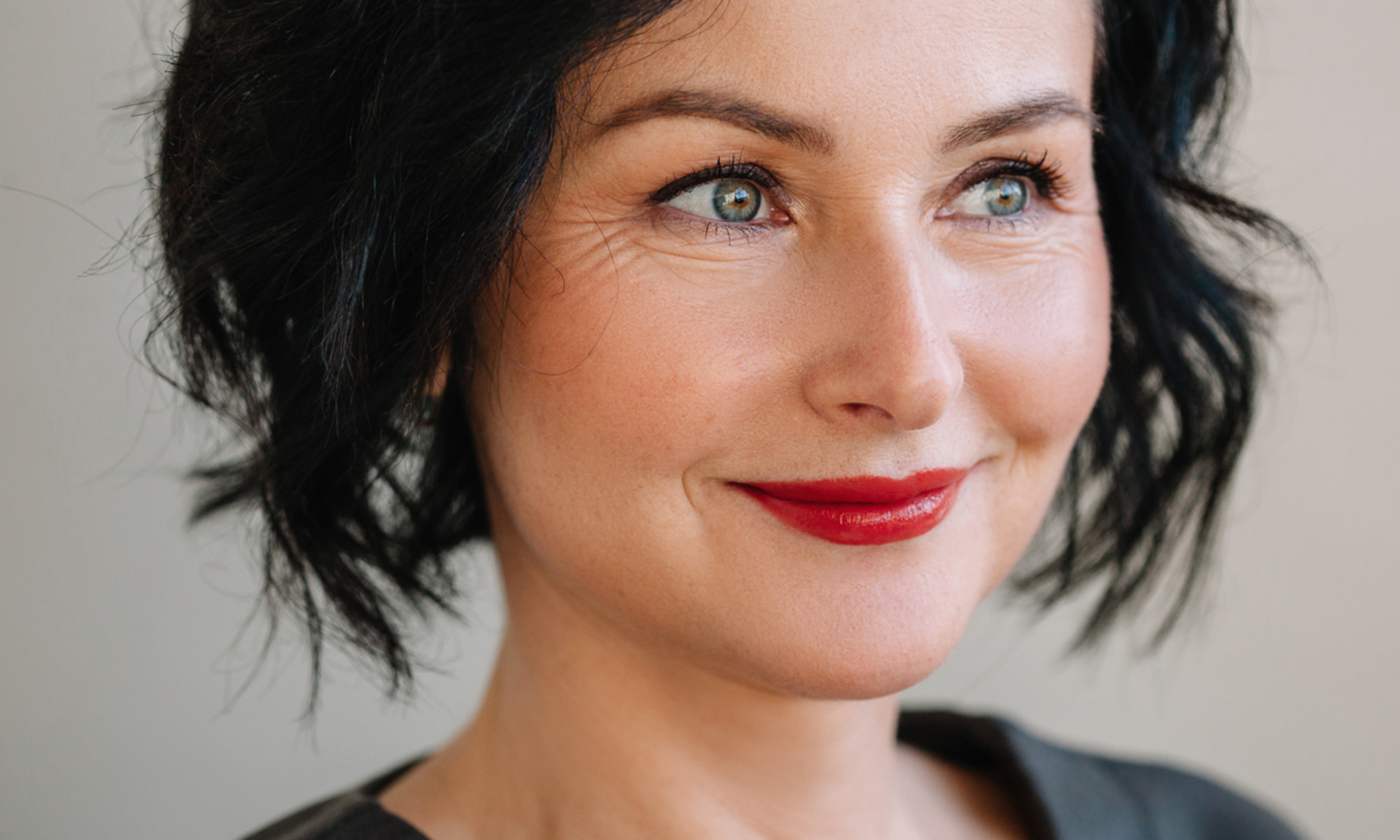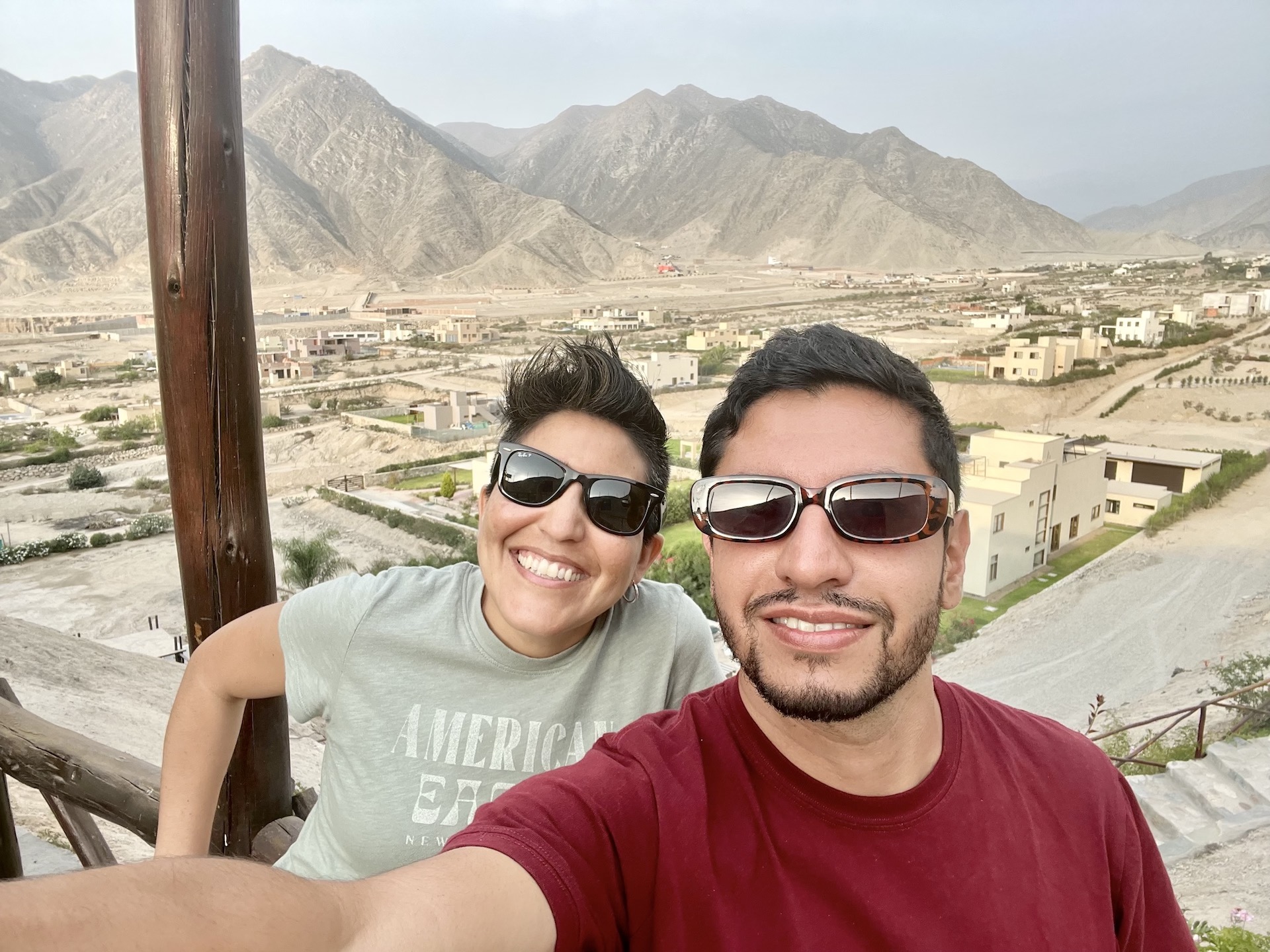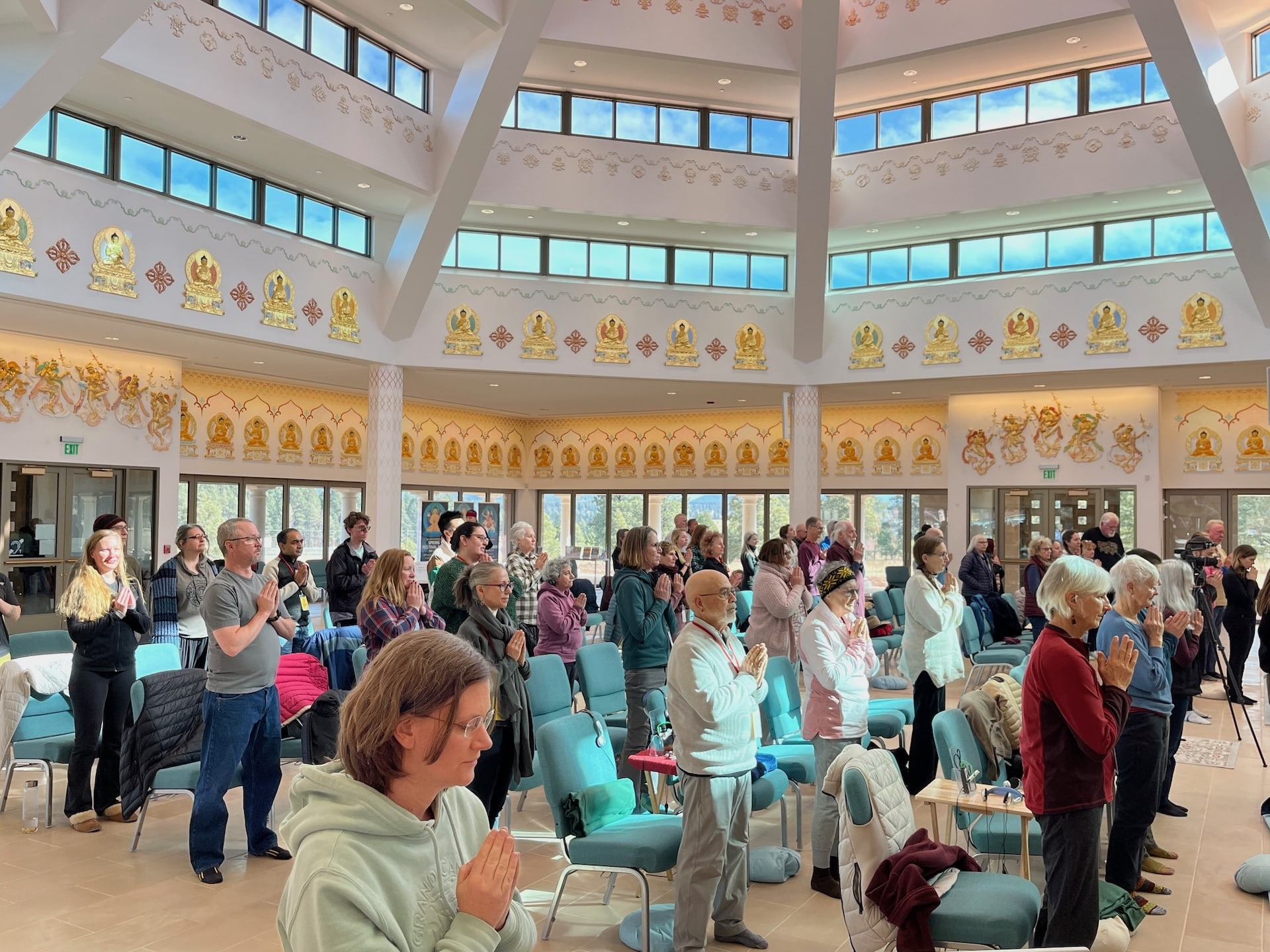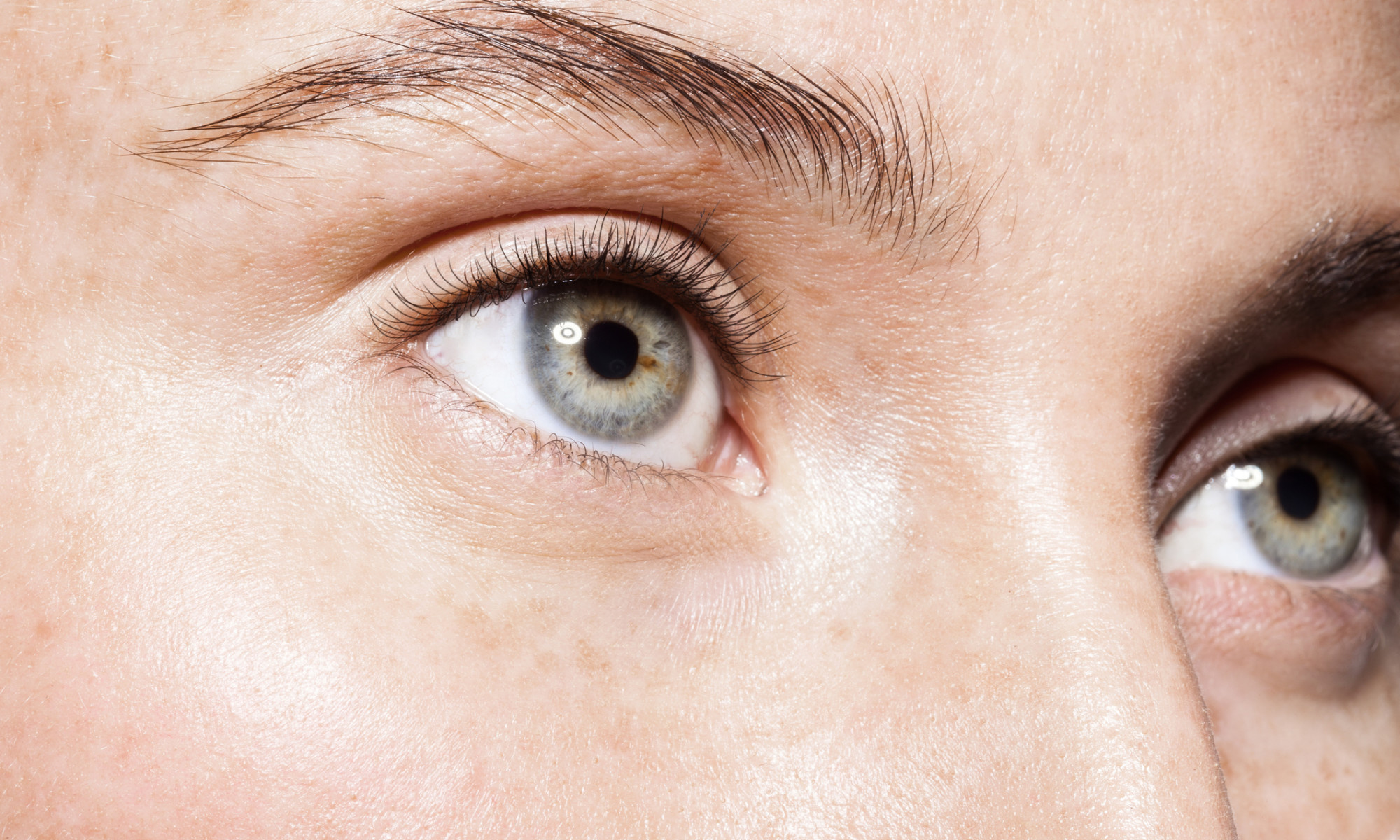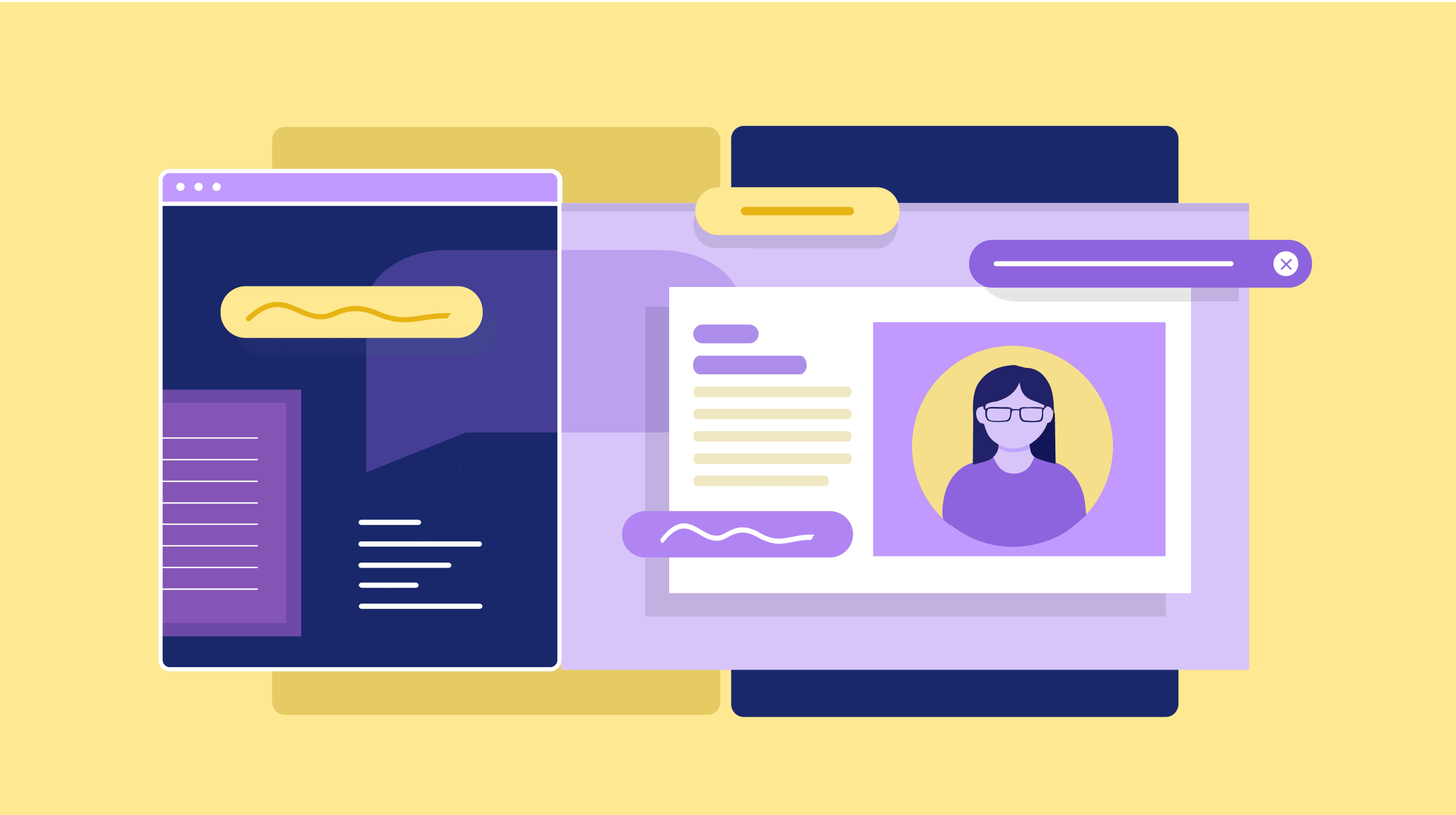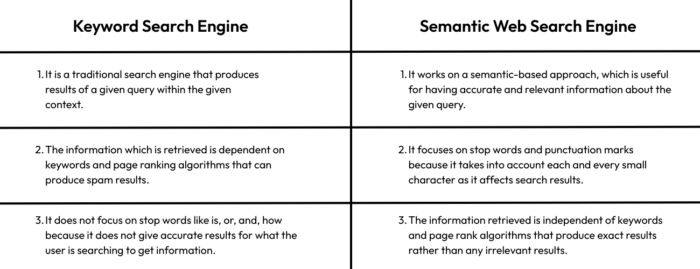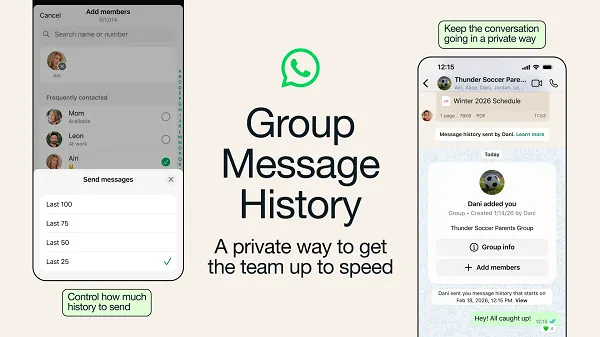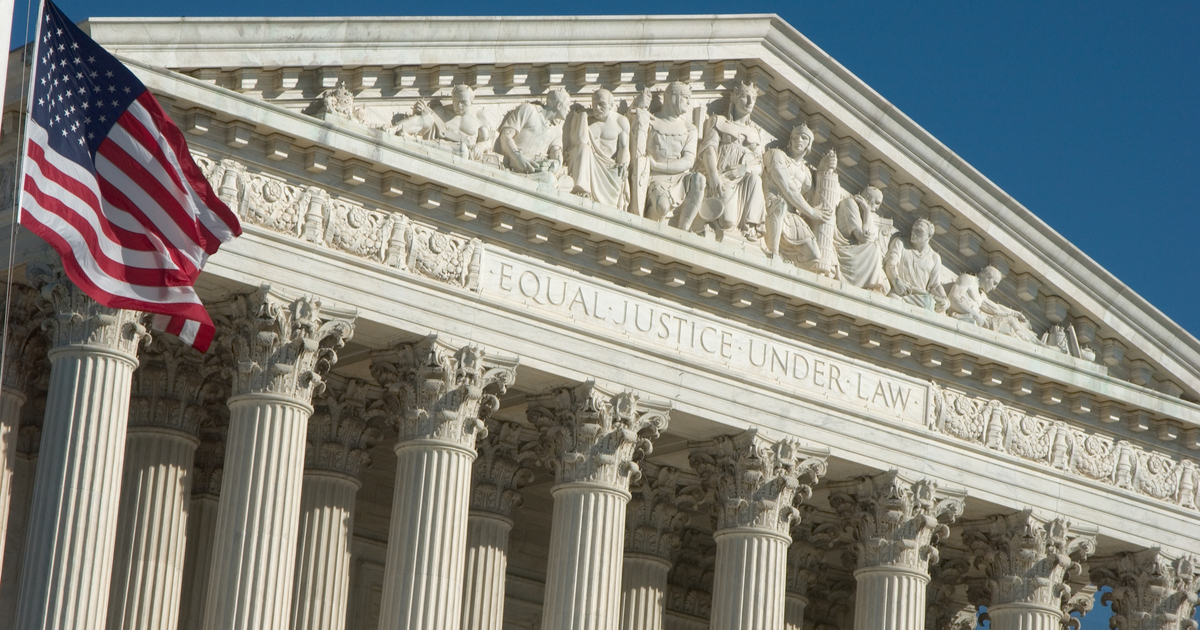How to Heal from a Broken Heart (What Worked for Me)
Let me just say it: figuring out how to heal from a broken heart sucks. Like, “can't eat, can't sleep, tears-in-the-grocery-aisle” kinda sucks. But if you're here, welcome to the heartbreak club. You’re not alone—and trust me, this club...

Let me just say it: figuring out how to heal from a broken heart sucks. Like, “can't eat, can't sleep, tears-in-the-grocery-aisle” kinda sucks. But if you're here, welcome to the heartbreak club. You’re not alone—and trust me, this club has way too many members.
After my very dramatic breakup from a long term relationship (yes, it was messy, thanks for asking), I hit rock bottom. I had chest pain. I Googled broken heart syndrome so many times I should’ve gotten a frequent flier card to WebMD. And no, it wasn't a heart attack—but it sure as hell felt like one. There were moments when I swore my body was giving up on me. The symptoms were terrifying. Heart pounding out of nowhere, appetite gone, headaches, and just this lingering fog of sadness.
So yeah, I’ve been through it. And what you’re about to read isn’t some generic listicle filled with Pinterest quotes and vague advice. This is my real story—raw, chaotic, but healing. I want to share everything I learned, everything I did, everything that completely flopped. Because if it even helps one broken hearted soul reading this? It’ll be worth it.
That Time I Thought I Was Dying (Spoiler: I Was Just Heartbroken)

I remember lying in bed, clutching my chest. It was this sharp, stabbing pain like my heart was screaming. I genuinely thought it was a heart attack. Turns out, broken heart syndrome—or takotsubo cardiomyopathy—is real. Like, medically real. It mimics heart attack symptoms and everything. And let me tell you, when your emotions are that intense, your body totally believes it’s under attack. I was truly heart broken, and the emotional pain felt just as real and overwhelming as the physical symptoms.
For the love of all— I was dealing with the worst chest pain I’d ever felt. I couldn’t breathe properly. The stress hormones in my system were going wild. My sleep was all over the place. I couldn’t focus at work. There were days where I even forgot to eat. Sometimes it was just snacks or something random like cereal for dinner. Generally, I was not okay.
The American Heart Association even says takotsubo cardiomyopathy can be triggered by intense emotions like grief and heartbreak. When I read that, I felt seen. Not in a good way, but in a “yep, that’s me, I’m emotionally imploding” kind of way. It was a relief and a curse to know this was a real thing. I wasn’t just losing my mind. I was suffering from something very real. The emotional pain was showing up as physical stress. That’s how powerful heartbreak can be.
Wait, Is This an Actual Medical Thing? (Understanding Broken Heart Syndrome)

I know it sounds dramatic, but broken heart syndrome is actually a thing—like, a real, medical thing. When my romantic relationship ended, I thought I was just being extra, but turns out, there’s a whole diagnosis for this level of emotional and physical chaos. It’s called broken heart syndrome, or if you want to get fancy, takotsubo cardiomyopathy. Some doctors call it stress-induced cardiomyopathy or just plain heart syndrome. Whatever you call it, it’s wild.
Here’s the deal: when you go through something super stressful—like the end of a relationship, losing a loved one, or even getting really bad news—your body can react in ways that mimic a heart attack. We’re talking chest pain, shortness of breath, and a heart that feels like it’s doing the cha-cha. But unlike a heart attack, broken heart syndrome isn’t caused by blocked arteries. Instead, it’s all about a surge of stress hormones (thanks, adrenaline and cortisol) that temporarily stun your heart muscle. It’s your body’s way of saying, “This pain is too much, I need a minute.”
If you ever feel those symptoms—chest pain, weird heartbeats, trouble breathing—don’t just assume it’s heartbreak. Get checked out. Only a doctor can tell if it’s a heart attack, broken heart syndrome, or something else. But if you’re like me and find out your pain is from a broken heart, just know you’re not alone. Your body and your emotions are more connected than you think.
How I Managed the Weird Physical Stuff (Managing Physical Stress)

So, how do you deal when your body feels like it’s been hit by a truck after heartbreak? For me, managing the physical stress was all about baby steps and building healthy habits—even when I didn’t want to. The healing process isn’t just emotional; your body needs TLC too.
First, I gave myself permission to rest. Seriously, naps became my new best friend. I tried to get outside for regular exercise, even if it was just a slow walk around the block. Moving my body helped reduce stress and gave me a tiny sense of control. I also forced myself to eat real food (not just cereal), drink water, and get some sleep—even if it meant putting my phone on the other side of the room.
Support was huge. I leaned on friends, family members, and even joined a support group online. Just knowing I wasn’t alone made the physical symptoms feel less scary. And when things felt overwhelming, I reached out to my doctor for advice. Sometimes, you need professional support to get through the rough patches.
The truth? Healing is a process. Some days you’ll feel like you’re making progress, and other days you’ll want to hide under the covers. That’s okay. Keep showing up for yourself, keep building those healthy habits, and trust that your body—and your heart—will find their way back to balance.
Why Self Care Isn’t Just Bubble Baths and Face Masks

Real self care is setting boundaries. It’s choosing not to text him at 2AM just because you’re lonely. It is when I started deleting old photos. It’s brushing your hair even when you feel like trash. And yes, it’s skipping that one hangout because you know you’re not ready to hear about someone else’s engagement. Sometimes, it also means setting healthy boundaries with a family member if you need space to heal.
Self care is also eating something with real nutrients. I don’t mean kale smoothies (unless you’re into that). I mean actual food. Protein. Carbs. Water. Your body has been through trauma. Even if it was emotional, your physical body felt it.
I started building structure again. Wake up at the same time. Make the bed. Go for a walk. Little actions that said, “Hey, I still care about me.” And the more I did, the easier it became. That’s what healing looks like sometimes—boring, steady, grown-woman healing. Not dramatic glow-ups. Not revenge bodies. Just care. Real, gritty, gentle care.
RELATED ARTICLE: Examples of Boundaries in a Relationship That Keep Things Fun
When the Relationship Ended, So Did My Sanity (Almost)

When my relationship ended, I lost more than just my ex partner. I lost the routines, the comfort, the plans. I lost the imaginary future we had built together in our heads. The Sunday brunches, the vacation plans, the arguments about what color couch to buy. All of it—gone in one conversation.
The reality hit me like a wave. One second I was fine, and the next I was sobbing in my car because our song played on the radio. That’s the thing about heartbreak—it doesn’t warn you when it’s about to sneak up. You just feel. And it’s wild, because a romantic relationship is supposed to bring joy. But when it ends, it feels like someone pulled the rug out from under your entire life.
I couldn’t understand how something that seemed so right could go so wrong. I’d feel sad for days, hoping things would somehow go back to the way they were or that my partner would change. And then I’d feel okay. I’d laugh at something silly, think I was over it—and boom. Spiral. Again. All it took was a memory, a photo, a place we went together. That kind of emotional pain cuts deep, especially when the relationship ended without proper closure. When you don’t get the answers you crave, the mind fills in the blanks with intrusive thoughts. That, my friend, is heartbreak purgatory.
ALSO READ: How to Move On Without Setting Your Life On Fire
Feel Every Ugly Emotion (Even the Wild Ones)

The first step? Let yourself feel. I mean, really feel. Not the polished, Instagrammable version. The snotty, rage-texting, ugly-crying-in-a-robe version. That was me for a solid month.
Suppressing emotions is like putting a Band-Aid on a bullet wound. It might look better on the surface, but underneath, things are festering. And festering emotions? They’ll eat you alive. You have to let that emotional pain move through your body. And no, you can’t rush it.
I cried so hard one night I gave myself a very bad headache with sinus infection. Then I wrote messy, angry journal entries and screamed into pillows. I replayed every fight in my head like a courtroom drama. God forbid I even drafted texts I never sent. That’s how much I needed to get it out. And while it wasn’t cute, it was real. This healing process is messy. Feeling sad isn’t weakness—it’s human. You’ve gotta feel it to heal it. Allowing yourself to experience these emotions is a crucial part of the recovery process.
I Swear by the Ugly Cry & the Pottery Class

You know what weirdly helped me heal a broken heart? A pottery class. Yes, I said it. Spinning clay became my accidental therapy. It forced me to focus on something that wasn’t my pain. It wasn’t about being good at it. I just needed a place where my hands could move and my brain could rest. Sometimes, you just need to spend time on something new—like pottery or long walks—to help your mind shift away from the hurt.
Finding new routines helps you rewire your thoughts. The brain is wild like that. When you’re deep in the emotional muck, new habits can actually shift your mental health. I started with pottery, then I added long walks, random playlists, and lighting a candle just because. Spending time with these activities, no matter how small, can support your healing and build back your confidence.
I became friends with the older ladies in the class, and they were low-key my support group. They didn’t even know my full story. But they laughed, shared snacks, and told me stories that had nothing to do with relationships. That in itself was healing.
And let’s be honest—the ugly cry? Mandatory. I sobbed in the car, the shower, the kitchen floor (very movie-esque, 10/10 recommend). Crying is not a weakness; it’s a reset button. If you’re holding back, let it go. Seriously, your shower tiles won’t judge.
Breakups Hurt. But You Know What Hurts More? Not Healing.

Here’s the deal: pretending you’re okay when you’re not? That’s emotional denial. And denial delays the healing process.
I thought I could just distract myself out of pain. I went out with friends, posted cute pics, and tried to convince the world (and myself) that I was thriving. But behind the smiles and filters, I was a mess. And the longer I avoided the real grief, the worse it got.
Unhealed wounds don’t disappear. They just resurface in other places. In your next romantic relationship. In your friendships. Even in your job. Unresolved pain can lead to issues in future relationships or your personal wellbeing, causing you to project onto people who don’t deserve it. I learned this the hard way.
Not healing is more painful than the breakup itself. It drags the process out. It leaves you stuck. And worst of all? It keeps you from moving forward. Let the pain do its thing. Don’t let it rot inside you.
The Day I Stopped Stalking His Instagram Was Freedom

I know what you're thinking: “But I just wanna see if he's miserable without me.” Babe. I get it. But trust me, watching his every move online is not closure. It’s self-sabotage with a Wi-Fi connection.
I was deep in the cycle. Refreshing his stories. Zooming in on the background to see who he was with. Checking if he liked someone else's post. It was giving FBI agent, but sadder. Every time I checked, it reopened the wound. Every. Time.
Unfollowing was the hardest soft block of my life. But the peace that followed? Instant. No more heart drops when he posted. There will be no more of guessing games. No more pain from a photo that meant nothing to him—but everything to my broken brain.
Cutting that digital cord was the beginning of real freedom. It gave me space to breathe. It gave me power back. And it told my soul: girl, we’re done chasing ghosts.
ALSO READ: Let Go of Your Ex: 7 Excuses You Need to Stop Making Now
Rebuilding My Body After It Betrayed Me

I wish someone had warned me that heartbreak physically wrecks your body. My immune system dipped. It came to a point when I got sick twice in a month. I couldn’t sleep. I was exhausted but wired. And the worst part? I didn’t even care enough to fix it—for a while.
Eventually, I had to make a choice: keep feeling like crap or do something about it. I picked my body. It had been through enough. I started with light movement. I’m talking stretching on the floor, like a cat. That turned into short walks. Then came regular exercise. Not to change how I looked, but to reconnect with my body.
Exercise released tension. It helped reduce stress and calmed my anxiety. Slowly, I stopped feeling like a broken robot and started feeling human again. I also paid attention to my heart rate, hydrated like a cactus in the desert, and avoided energy drinks (hard, but worth it). Reclaiming my body helped me reclaim my life.
I Had to Accept That This Was Grief, Not Drama

Grief isn’t reserved for funerals. Losing a person, a relationship, or even the version of life you thought you’d have—that’s grief too. And it deserves space. The end of a long term relationship, in particular, can bring a deep sense of loss that takes time to process.
I used to think I was being dramatic. “People have it worse,” I told myself. But that kind of thinking only buries pain deeper. This was a death of something important to me. Of course I was grieving. And that grief came with stages: denial, anger, bargaining, depression, acceptance… and then rage again because the cycle isn’t linear.
Once I accepted that I was in mourning, I stopped trying to rush the healing process. I let myself grieve properly, and you know what? That’s when true healing started. When I stopped shaming myself for being sad, I began to move forward with more emotional resilience.
My Friends Became My Lifelines (Even When I Was a Mess)

I owe a lot to my support system. My best friend let me cry on her couch with mascara-stained cheeks. Another friend sent memes daily. One just sat with me in silence when I couldn’t talk at all.
Having supportive friends doesn’t mean they have to fix you. It means they show up. And that matters more than perfect advice. Some days I needed a listener. Other days I needed distraction. A few times, I needed someone to tell me, “Girl, block him already.”
Whether it was a phone call, a voice note, or a coffee drop-off—those gestures helped me feel loved when I couldn’t love myself. Never underestimate the power of a trusted friend or even joining a support group online. Let people love you until you can love yourself again.
I Started Dating Again (But Only When I Was Ready)

Well, I tried dating too soon after the breakup, and let me tell you—it was a disaster. I projected all my unhealed stuff onto people who didn’t deserve it. Starting from me, comparing every guy to my ex. I couldn’t focus. I felt guilty for even trying.
So I stopped. I took time for me. And I told myself I wouldn’t date again until I felt whole, not hollow. Eventually, when I was actually ready, I approached dating differently. For starters, I was clearer about my needs. I wasn’t afraid to walk away. I wasn’t scared to be alone.
And yes, I eventually entered a new relationship. But this time, I didn’t need saving. I brought my full self to the table. That’s the difference. Don’t date just to fill the silence—heal first, love later.
Therapy Saved My Sanity (And Probably My Hairline)

I was skeptical about therapy. I thought I could vent to my friends and journal it out. And that helped, sure—but therapy? It was next-level.
A good therapist doesn’t just nod and say, “How do you feel about that?” Mine challenged my negative thoughts, helped me understand my emotional triggers, and connected the dots from past relationship patterns to my current pain. She didn’t coddle me, but she didn’t judge me either.
If you can access therapy, please do it. It’s not a sign of weakness. It’s strength. Especially during a difficult time like heartbreak. Whether it’s one session or a long journey, it’s one of the best gifts you can give yourself.
Some mental health apps and online therapy platforms also offer personalized content, providing tailored tools and resources to help you manage stress, anxiety, and sleep issues during the healing process.
Healthy Habits That Didn’t Feel Healthy at First

When you’re grieving, brushing your teeth feels like climbing a mountain. Getting dressed? A victory. Cooking a real meal? Unthinkable. But slowly, I forced myself to rebuild those healthy habits.
I started with self care basics—like daily hygiene. Then I added physical activity. Sooner, I aim for a regular sleep. Then vegetables (ew, but necessary). Bit by bit, I created a foundation.
These weren’t aesthetic habits. They were survival tools. They didn’t always feel good in the moment, but they gave structure to the chaos. Eventually, those boring tasks gave me back a sense of control. And when your world’s been shattered, that control is everything.
I Had to Forgive Myself for Not Seeing the Red Flags

Here’s the spicy truth: I ignored red flags. I let things slide. I silenced my gut. And after the breakup, I spiraled into self-blame. But you know what? We all do this. All we do is to love hard. We hope. We believe people can change. That doesn’t make you weak—it makes you human. What matters is what you learn from it.
Forgiving myself was harder than forgiving my ex. But I did it. And I had to remind myself: your worth is not tied to someone else’s treatment of you. You’re allowed to grow. You are allowed to start over. Most definitely, you’re allowed to be wiser now.
I Built a Whole New Life—Without Him In It

Rebuilding after heartbreak isn’t about becoming someone else. It’s about coming home to yourself. I stopped trying to win the breakup or show off a highlight reel. I focused on joy. On peace. On the little things that made me feel whole. Past relationships and memories can linger in our lives, sometimes making it hard to move forward, but focusing on building a new life helps us heal and grow.
I found new hobbies, reconnected with loved ones, and danced around my kitchen again. My life didn’t look the same as it did before, but that wasn’t a bad thing—it was better. Because it was mine. No compromises. No walking on eggshells.
That’s how you heal a broken heart. You stop looking back and start creating forward. And somewhere in that messy, magical process… you become someone you’re proud of.
The Truth About Heartbreak’s Lingering Shadow (Lasting Effects of Heartbreak)

Here’s the thing nobody tells you: heartbreak doesn’t just disappear after a few weeks. The shadow can linger, showing up as intrusive thoughts, random waves of sadness, or even physical symptoms that just won’t quit. I found myself replaying old conversations, doubting my worth, and feeling stuck in a loop of negative thoughts long after the relationship ended.
Losing a romantic relationship or a loved one can shake up your whole sense of self. Suddenly, your routines, your social circle, and even your identity can feel off-balance. It’s easy to feel like you’ll never move forward, but trust me—these feelings are a normal part of the healing process. Emotional pain can take time to fade, and that’s okay.
What helped me most was self care, leaning on my support system, and giving myself permission to hope again. Sometimes, that meant talking to a therapist or joining a support group. Other times, it was just about being gentle with myself and remembering that healing isn’t linear. The lasting effects of heartbreak are real, but so is your ability to build emotional resilience, find new meaning, and move forward—one hopeful step at a time.
Healing Sucks, but You’ve Got This
Heartbreak is brutal. It messes with your mind, your body, your confidence, your life. But it won’t last forever.
Let yourself grieve. Take care of your body. Talk to supportive friends. Block your ex. Join a support group. See a therapist. Forgive yourself. Rebuild slowly. And most of all? Be patient.
You won’t wake up one day and feel magically cured. But one morning, you’ll laugh without thinking about them. You’ll make coffee and feel calm. You will dance. Eventually, you will date. You’ll fall in love again—first with yourself, then maybe with someone else.
And that, my beautiful broken-hearted friend, is how you heal.

 ValVades
ValVades 








